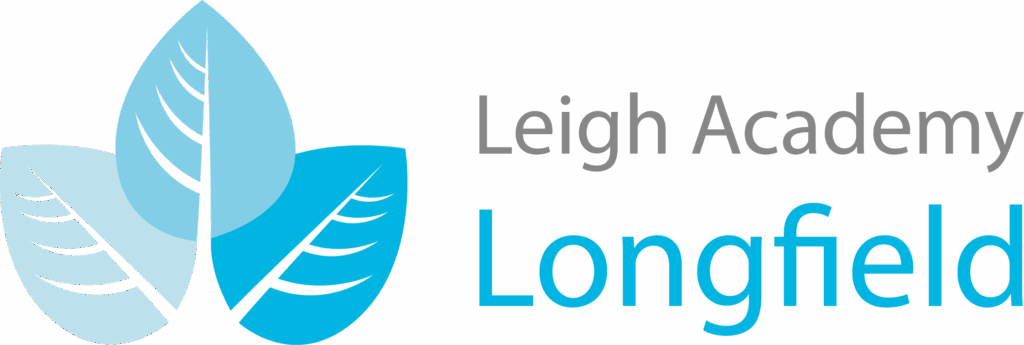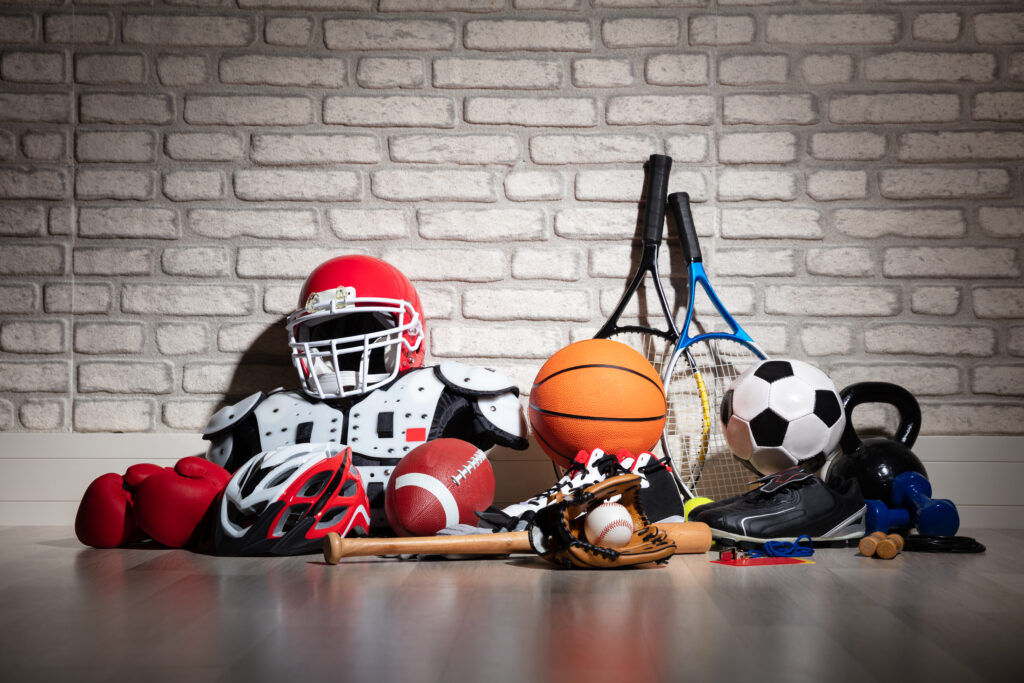Academy Entry Requirements: 5 GCSEs at Grade 4 or above, including English (Language or Literature) and Mathematics. Level 2 BTEC subjects count at a grade Merit or above.
Subject-Specific Requirements:
- Grade 5 in GCSE PE OR Grade Merit in Level 2 BTEC PE / NCFE Health & Fitness.
- Grade 5 in GCSE Biology OR Grade 55 in GCSE Combined Science.
Questions about this course?
Please contact;
Natalie Holmes (natalie.holmes@longfield.latrust.org.uk)



